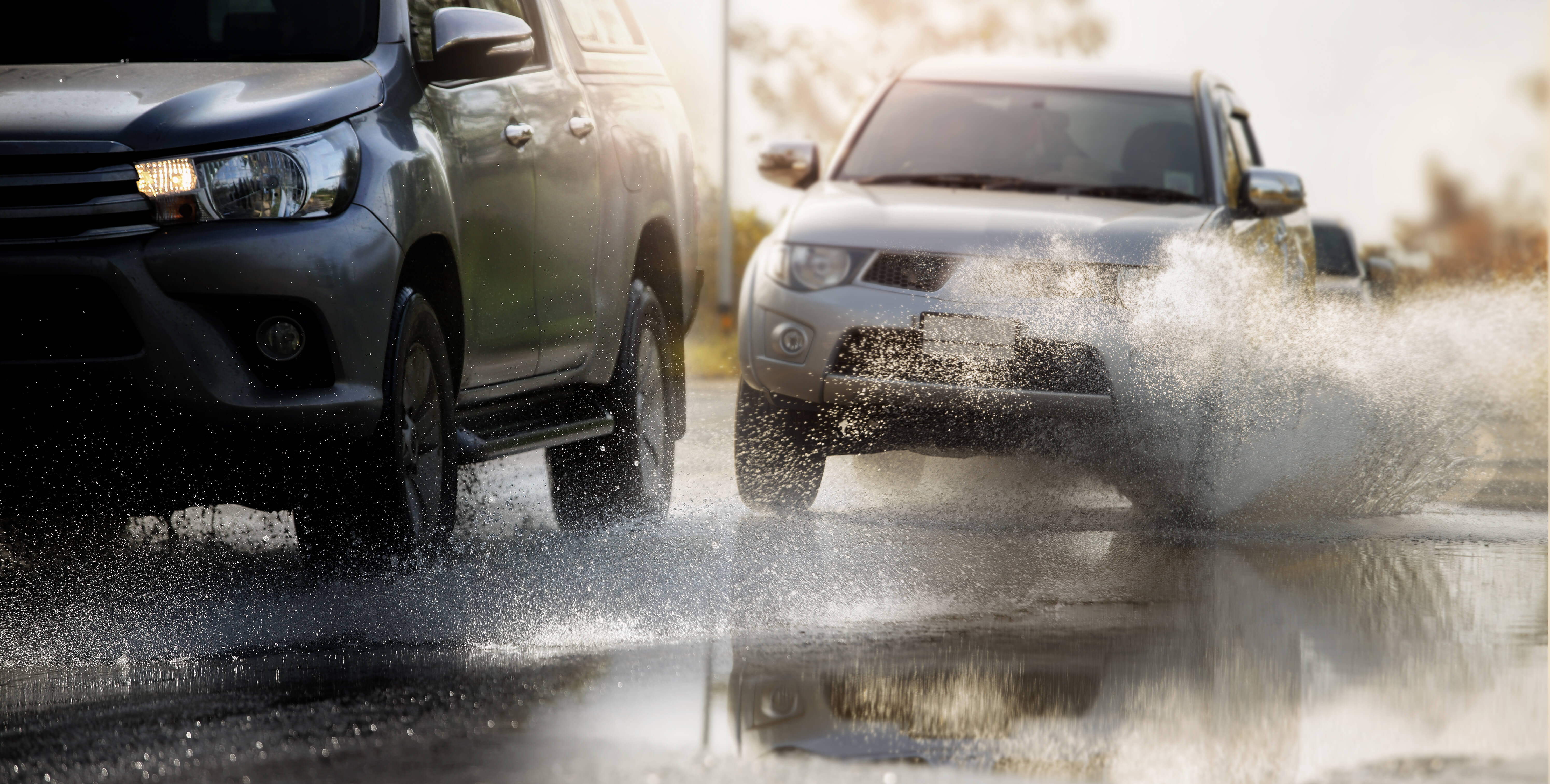
23 Aug Loss of Control of a Vehicle: Why It Happens and What You Should Do
Countless people have experienced a loss of control of their vehicles, and the sensation can be terrifying. Since there is a chance it may happen to you at some point, you should know how to respond. Educating yourself about it now can help prevent panic later on, and it just might help you avoid a car accident.
Why Loss of Control Happens
Loss of control can happen when your car’s tires no longer have good traction with the road’s surface, as with the case with hydroplaning. The sensation can be scary because it might feel like nothing you do will affect the car’s velocity or direction. Loss of control can also happen when there is a technical malfunction, such as when the brakes aren’t working and you can’t slow the car down. Aggressive maneuvering is another possibility, such as when you drive around a sharp corner too quickly.
What You Shouldn’t Do
If you feel that you’ve lost control of your vehicle, the most important thing not to do is panic. Panicking will cloud your thinking and you’ll be unable to respond appropriately. Panicking can also cause you to do things that may make the situation worse, such as slamming on the brakes—another thing you shouldn’t do. You should also not jerk the steering wheel aggressively to one side, as this can cause a skid to get worse.
What You Should Do
In most situations, you should immediately take your foot off the gas pedal, and lightly and steadily apply pressure on the brakes. (If you don’t have anti-lock brakes on your vehicle, pump the brakes gently instead.) Shift into neutral and gently steer into the direction of the skid.
Unfortunately, it isn’t always possible to regain control of a vehicle and prevent a car crash. When an accident does happen in the Tucson area, you can bring your vehicle to National Auto Collision Centers for all minor and major collision repairs. Our certified technicians are standing by, so give us a call at (520) 623-4959 to request an appointment for an estimate.

